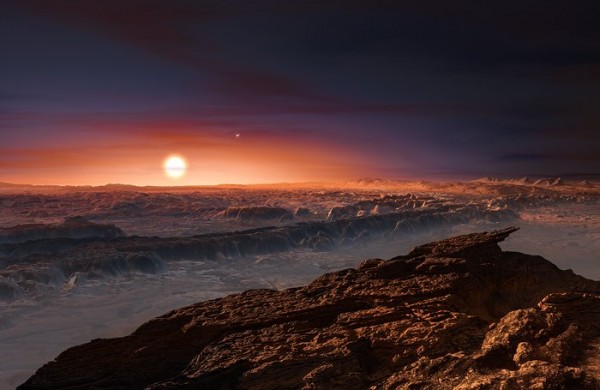By Ana Verayo, | September 13, 2016

Earth, Aliens
There are bountiful conspiracy theories regarding aliens. However, a former NASA astronaut may have provided crucial insight, stating that it is arrogant for humans to think that aliens do not exist in the universe.
Like Us on Facebook
The former commander of the International Space Station Leroy Chiao, who logged in 230 days in space and completed a total of six spacewalks, revealed how the recent discovery of the closest Earth-like planet known as Proxima b could potentially prove the presence of alien life in the universe.
Scientists say that this exoplanet located some 4.2 light years away from Earth is located in the habitable zone of its star system, hinting at the presence of water and alien life.
Chiao also highlighted on how climate change and other man-made environmental disasters are killing the planet, presenting a dismal image of the future.
He said that he believes there is life in the universe, and to think otherwise that we are alone is arrogant. Chiao explained that at some point, the Earth would die out due to natural causes or manmade causes which are part of natural progression.
Chiao said technology would not save the human race from these disasters. He noted that life is just beginning in many parts of the universe while some other areas are dying.
He stated that the reason why we do not know about alien life is probably because of distance.
-
Use of Coronavirus Pandemic Drones Raises Privacy Concerns: Drones Spread Fear, Local Officials Say

-
Coronavirus Hampers The Delivery Of Lockheed Martin F-35 Stealth Fighters For 2020

-
Instagram Speeds Up Plans to Add Account Memorialization Feature Due to COVID-19 Deaths

-
NASA: Perseverance Plans to Bring 'Mars Rock' to Earth in 2031

-
600 Dead And 3,000 In The Hospital as Iranians Believed Drinking High-Concentrations of Alcohol Can Cure The Coronavirus

-
600 Dead And 3,000 In The Hospital as Iranians Believed Drinking High-Concentrations of Alcohol Can Cure The Coronavirus

-
COVID-19: Doctors, Nurses Use Virtual Reality to Learn New Skills in Treating Coronavirus Patients







